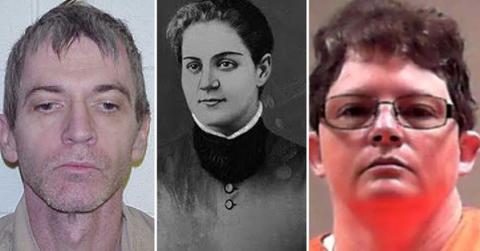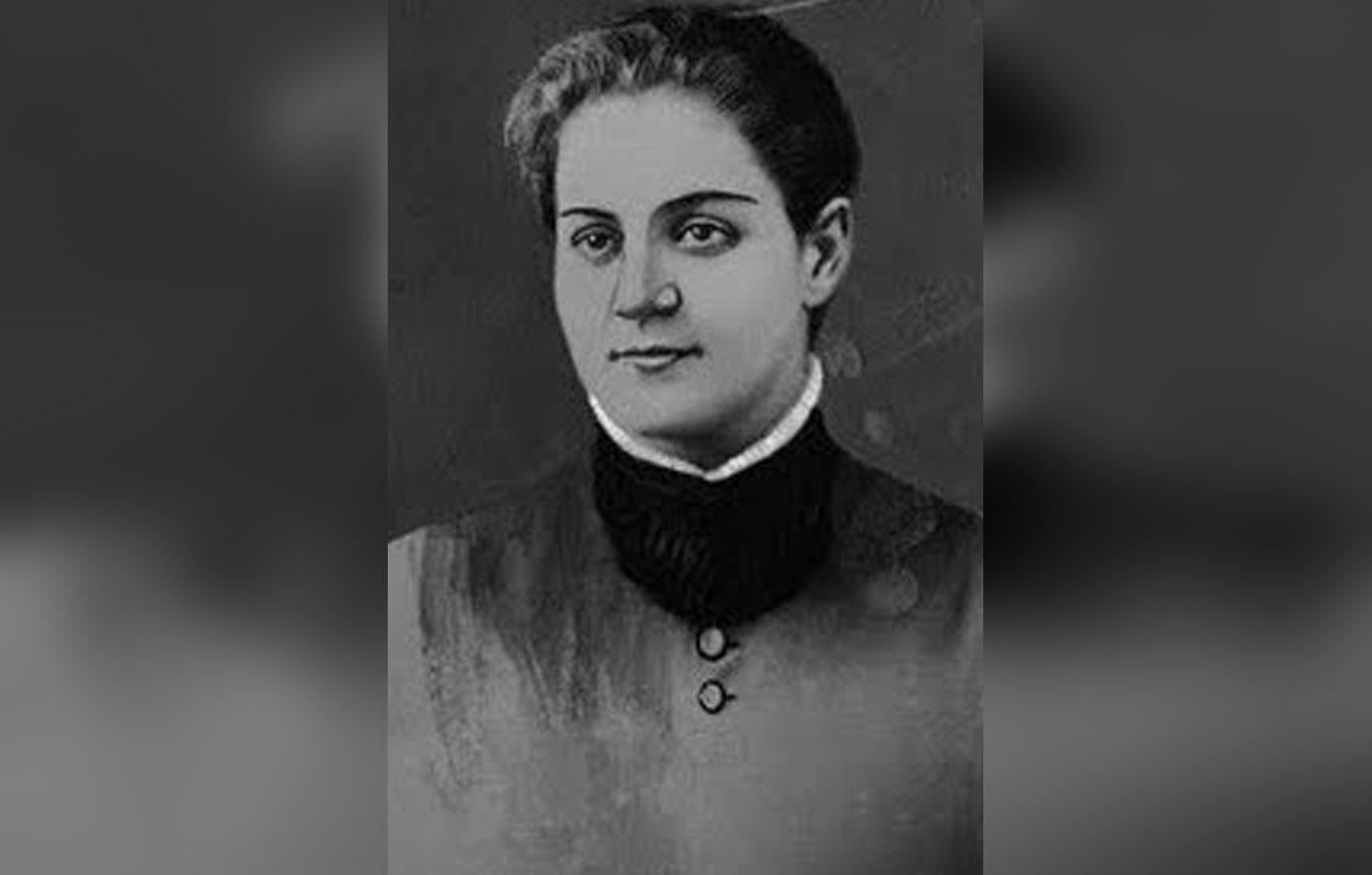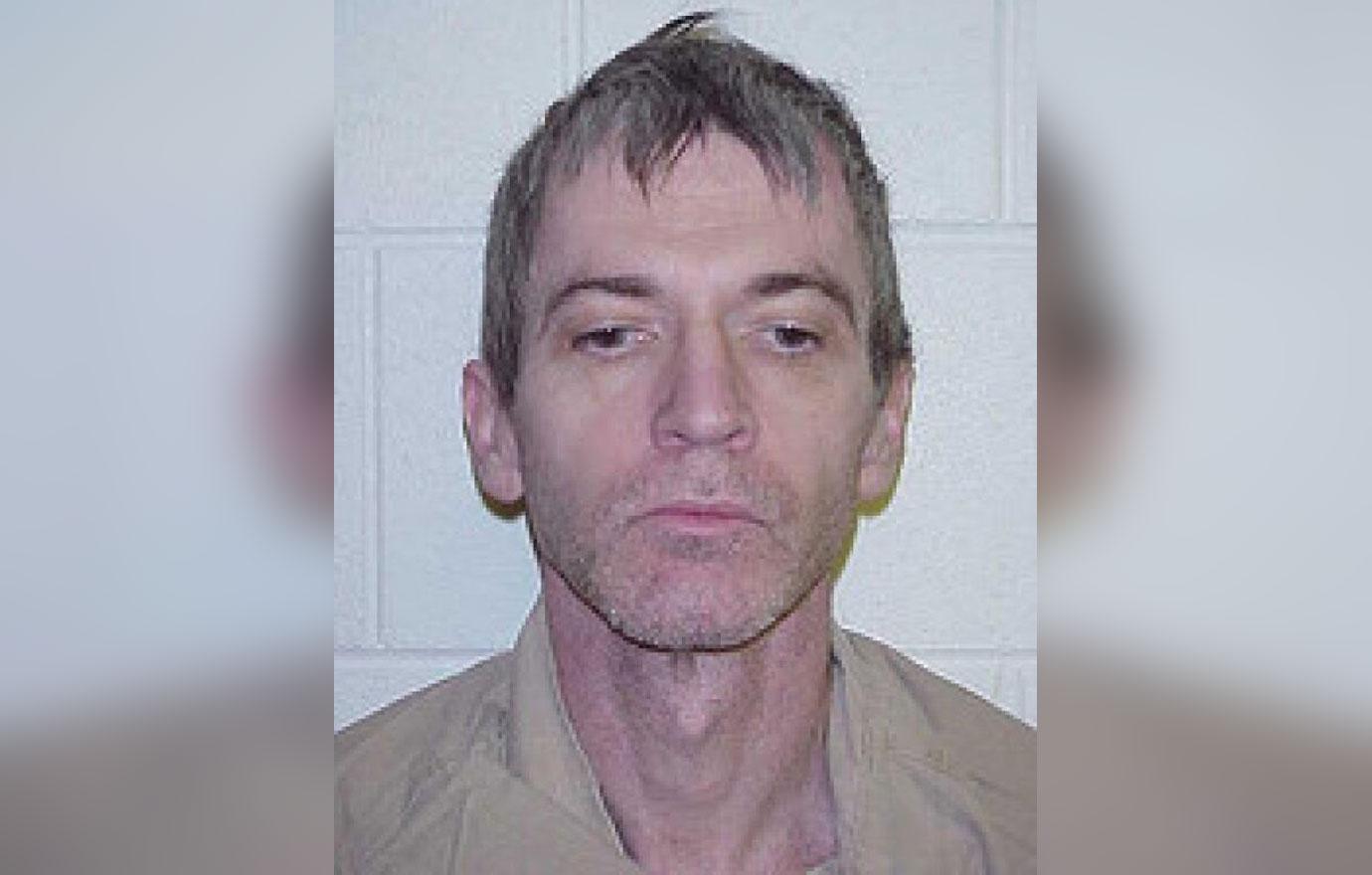Angels of death: When healthcare professionals turn to murder it leaves a trail of blood

When discussing murderers, it is easy to remember the bloody viciousness of mass killers like Ted Bundy and the “Night Stalker” Richard Ramirez.
However, some don’t need to use an ax or shed blood to kill.
Hospital and healthcare-based serial killers often utilize medications or existing medical conditions to cover up their killing. But what makes someone who heals for a living turn to murder?
“Angels of Death” are doctors and nurses who intentionally harm their patients. The most common methods used to kill are inappropriate administration of insulin or pain medications. One of the most famous of these killers is nurse Kristen Gilbert who injected high doses of epinephrine into her patients to simulate a natural heart attack in the 1990s, according to media reports.
Gilbert is an example of a “malignant hero.” Malignant heroes cause a crisis in their patients and then attempt to save them, resulting in what appears to be a heroic action to their coworkers and to the patient’s family. Gilbert induced a heart attack in her patients, causing them to go into cardiac arrest. She would then jump in to “help” resuscitate them.
Since epinephrine is also produced naturally in the human body it is untraceable. Her actions were only discovered when her fellow nurses noticed the higher rate of cardiac emergencies while she was on duty. Malignant heroes are addicted to the rush of adrenaline and bask in the positive admiration of their coworkers for being of help in the resuscitation attempts.
Gilbert was eventually caught and convicted on four counts of murder, according to reports. She is serving life in prison.
A similar case involved Reta Mays, who killed at least seven people at the VA hospital she worked at in West Virginia. Mays gave diabetic patients too much medication leading to their deaths.
Last month, she was ordered to spend the rest of her life in federal prison for the killings.
At a hearing, Mays cried and apologized for her actions, but offered little reason why she chose to kill.
“There’s no words I can say that can offer the families any comfort,” Mays said. “I can only say I’m sorry for the pain I caused them and my family.”

Jane Toppan
Dr. Darrel Turner, a clinical and forensic psychologist, explained to Insider that “an angel of death may have a ‘savior complex,’ and find a perverse pleasure in being viewed by others as a hero.” This is not the only motivation attributed to healthcare killers, however.
Another example was Jane Toppan, or “Jolly Jane,” as she was known in the late 1800s, stated after she was caught that she derived sexual satisfaction from getting into bed with her patients as they died.
Toppan was unusual for several reasons. She not only killed her patients for a sexual thrill but killed outside of the hospital. She is also one of the only healthcare killers to use multiple methods of murder, killing with both poison and medication. Jane’s motivation is described as sadistic. Dr. Turner explains, “This type of killing is more about the god-like power the predator has over their victims.” She fits the mold of a more typical serial killer with an antisocial personality disorder.
She was found not guilty by reason of mental insanity and spent the rest of her life in an insane asylum.
Most healthcare killers do not fall into that stereotypical antisocial mold. Some believe they are helping the patient by ending their suffering or helping the greater good. This type of psychopathy is harder to identify as the patients killed are often already terminally ill or elderly.
This is especially true if the patient is already on a heart or pain medication that can be used to end life. This is how Charles Cullen murdered over 90 patients. Cullen was interviewed on “60 minutes” in 2019 and when asked about the murders, he stated that he didn’t get pleasure out of killing. “I thought that people weren’t suffering anymore…I felt like I needed to do something.”
These killers are often motivated by a distaste for suffering and may have suffered a traumatic loss in their past.

Charles Cullen
Interestingly, as the use of electronic medical records increases, the number of healthcare killers goes down. The hospital system makes it difficult for healthcare providers to gain access to harmful medications without leaving a trail, and it appears to be working.
Healthcare serial killings are going down in the USA, according to media reports. As medications become harder to access and records are more centralized, aberrations are being caught.
The question for the future of healthcare is, can the system keep up with those who have deadly intent towards their patients, or will the killers evolve along with the technology.
Or, as assisted suicide becomes more legalized across the country, will these “Angels of Mercy” gravitate towards a more legitimate use of their skills?
Become a Front Page Detective
Sign up to receive breaking
Front Page Detectives
news and exclusive investigations.
